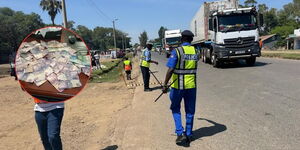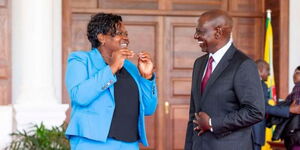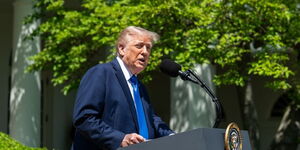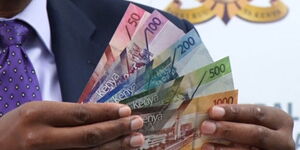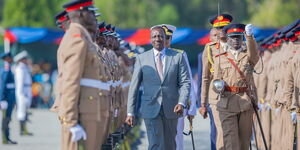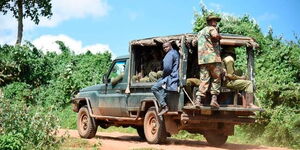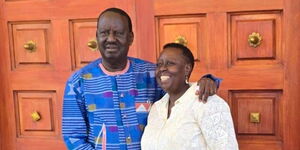Nosizi Reuben Dube, an Economics student at the University of Nairobi, and a member of the Shona community revealed that documents she used to register for her post primary and secondary school exams might have been illegally obtained.
During an interview with Citizen TV's Victoria Rubadiri on Saturday, December 12, Nosizi narrated that being from a then stateless community, she did not have a birth certificate, and this nearly impeded her education.
"Being a third generation of the Shona community, without recognition of nationality has been a great challenge. On my side, I will specify on the education sector," Nosizi stated.
"We all know that while in class seven here in Kenya you have to register for KCPE. But for us, we did not have all those documents and could not register. For most of my colleagues, that marked the end of their journey,
"Luckily in 2013, the government provided an alternative that whoever does not have a birth certificate, can produce a clinic card. I was lucky to get one, of which to be honest I don't know where it came from," she added.
Nosizi further stated that statelessness came with limited access to social amenities in the country, and thus most of them were born at home.
The revelation came hours after President Uhuru Kenyatta, during the 57th Jamhuri day celebration, awarded Kenyan Citizenship to 1670 members of the Shona community who relocated from Zimbabwe between 1930 and 1950.
The UoN student expressed her joy at the recognition, terming it a stepping stone to elevating the lives of the community as most of them live in poverty.
"Today has been a great day for us, the Shona community. It has marked the end of being stateless. It is still unbelievable to us, because we never imagined that such a day would come," Nosizi remarked.
Her forefathers came to Kenya as missionaries and established a church in Nairobi. They later settled in Kinoo, Kiambu county.
Present during the Mashujaa Day Celebrations, 20 representatives from the community were awarded the citizenship documents before President Kenyatta.
Along with the Shona, 1300 members of the Rwandan community living in Kenya were also granted Kenyan citizenship.
This move by the President proceeded prior campaigns by the United Nations High Commissioner for Refugees(UNHCR) to have the foreigners recognised, after they had intermarried and settled in the country.

